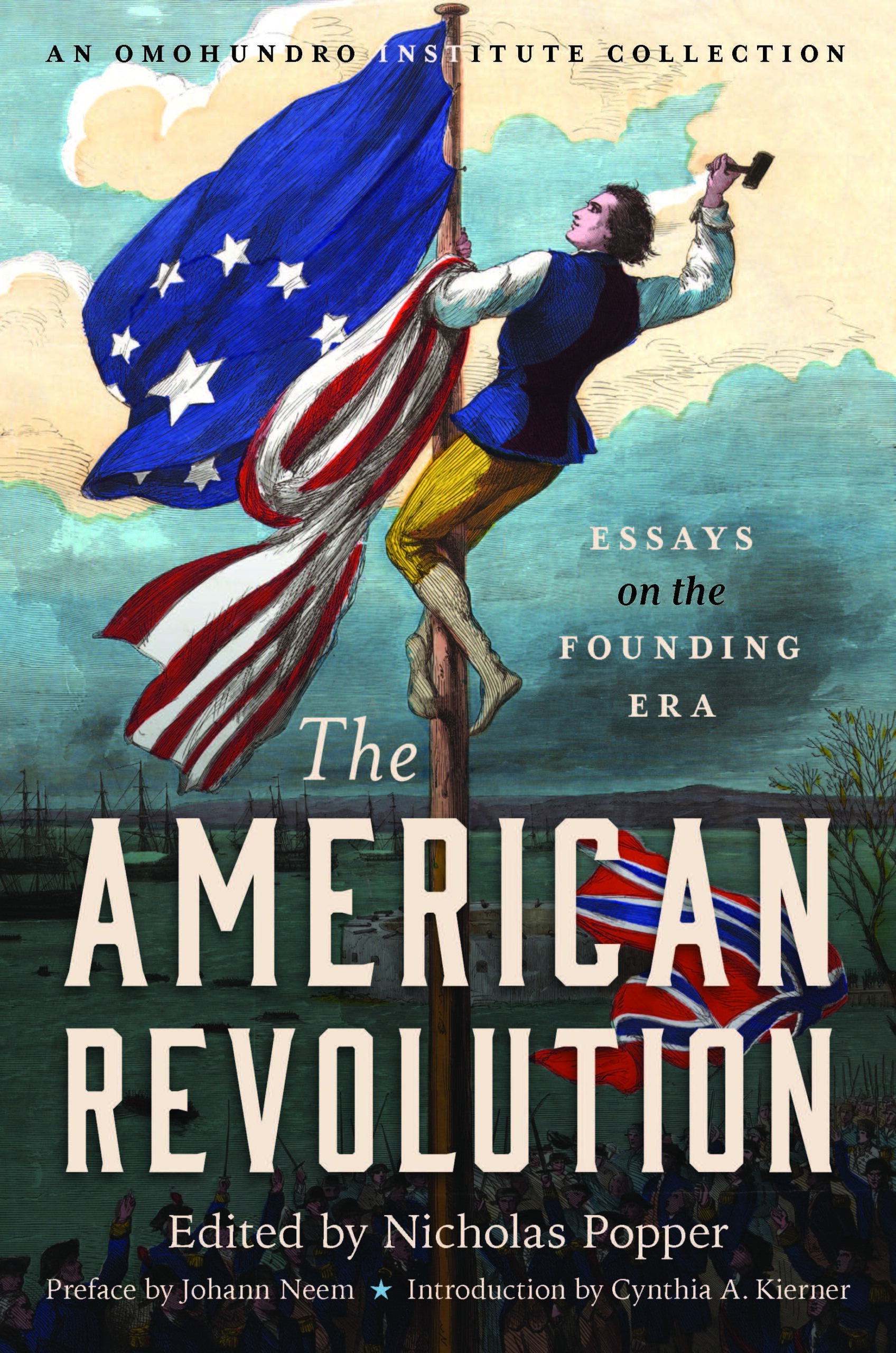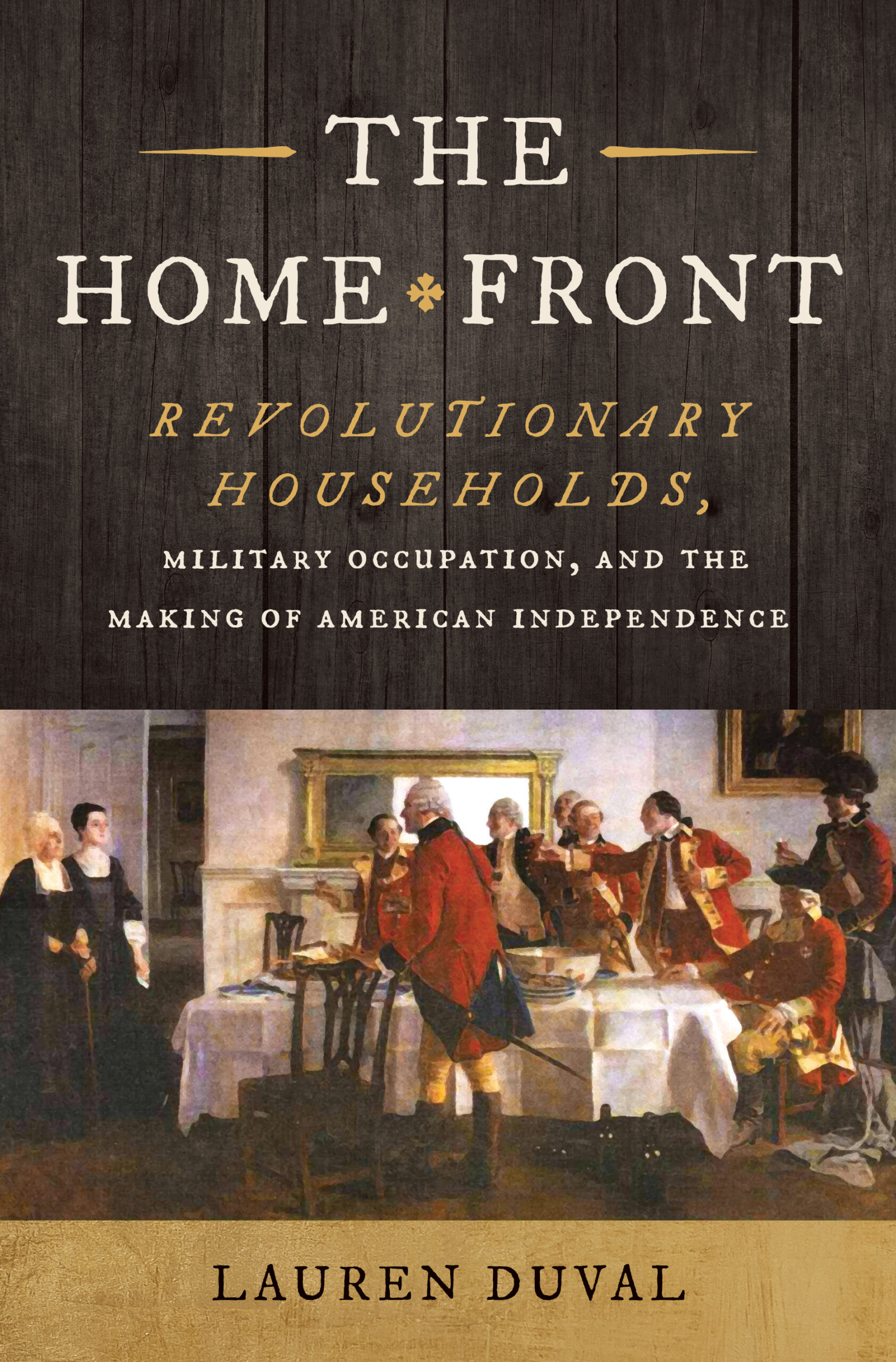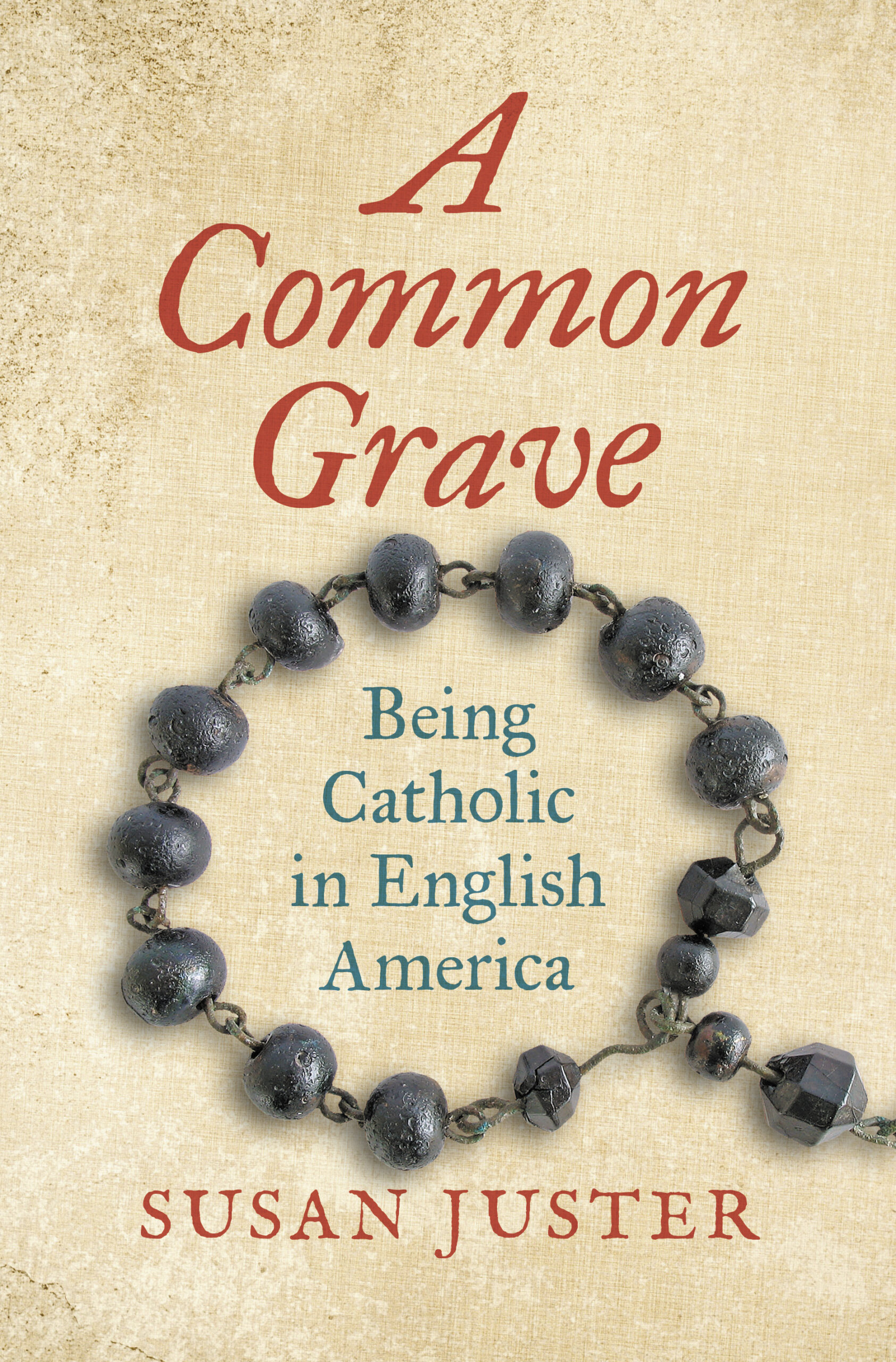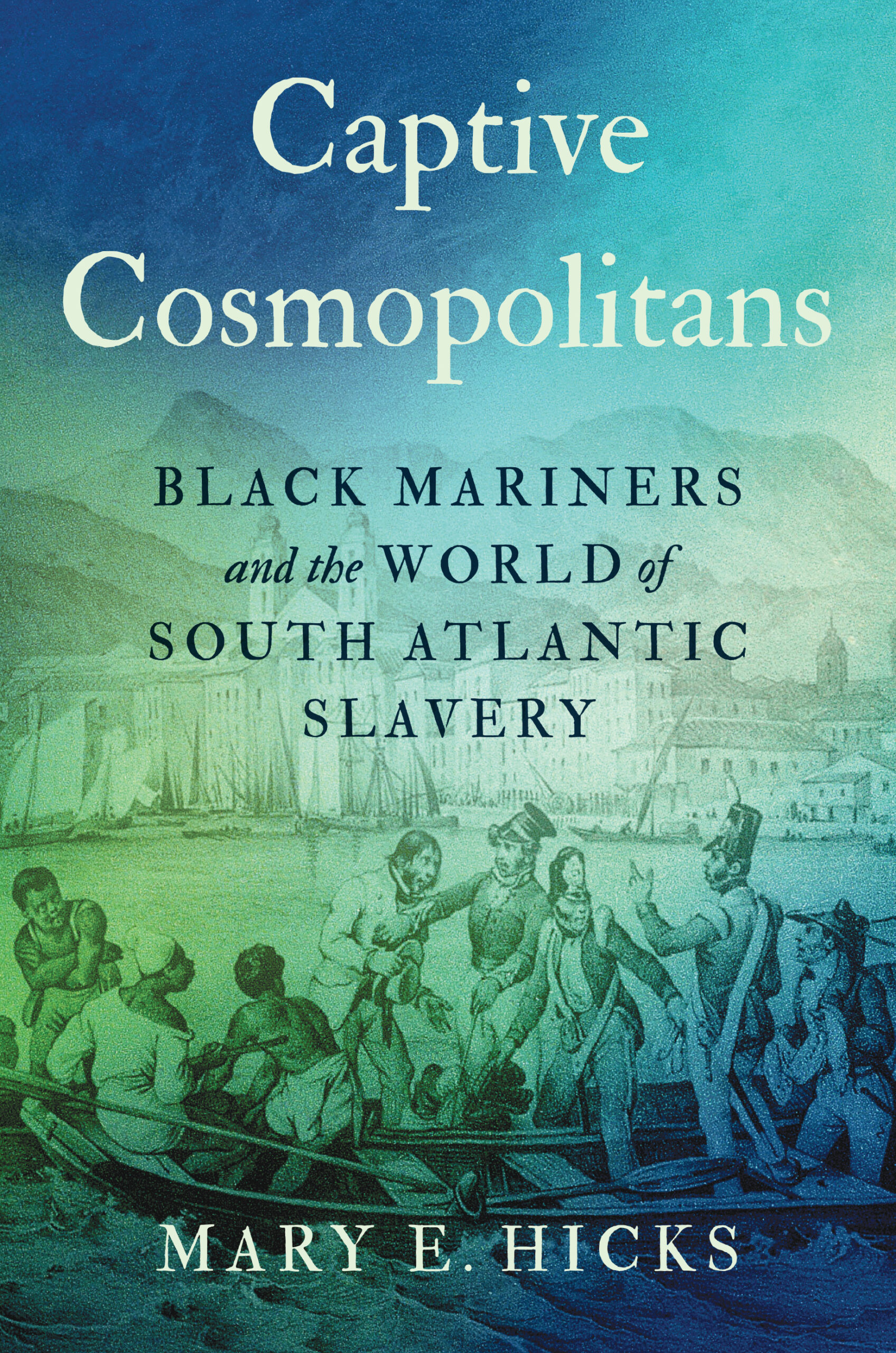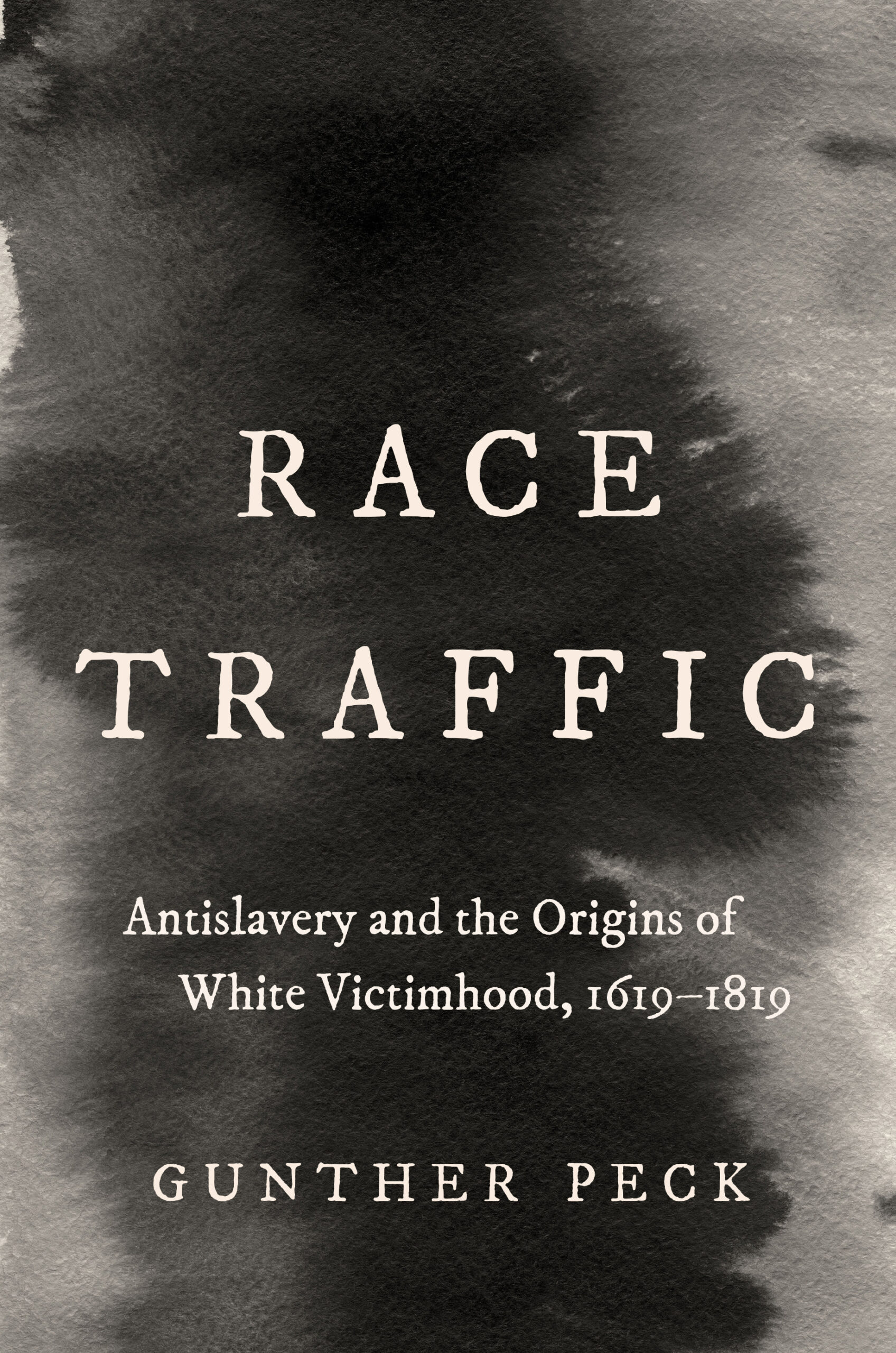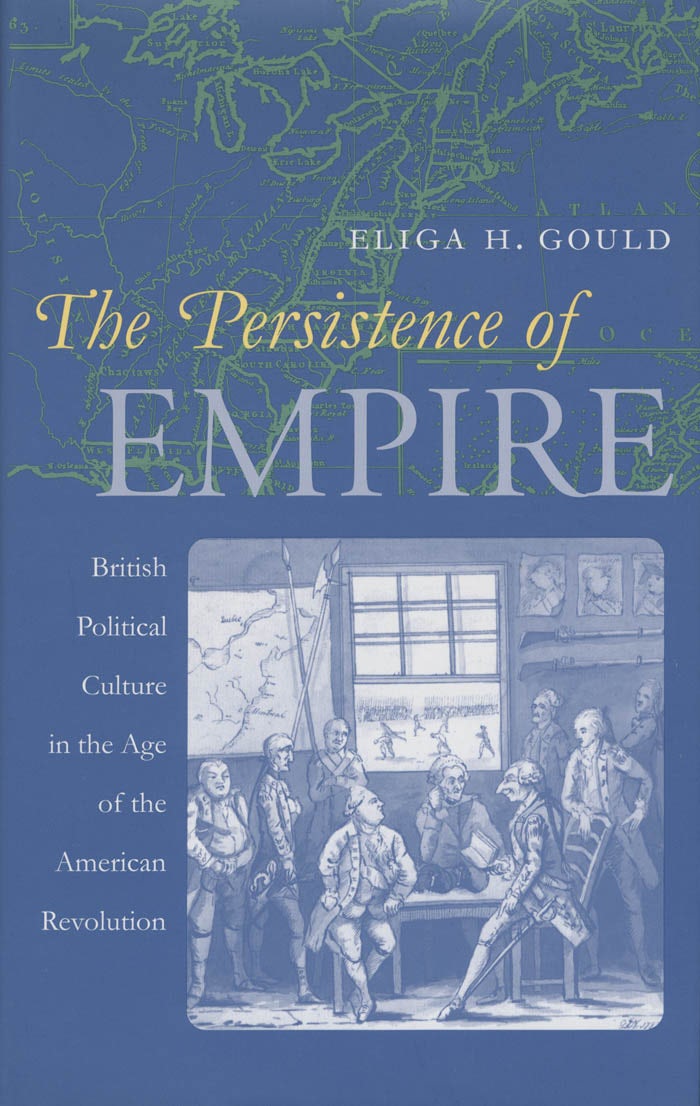
The Persistence of Empire
Description
The American Revolution was the longest colonial war in modern British history and Britain’s most humiliating defeat as an imperial power. In this lively, concise book, Eliga Gould examines an important yet surprisingly understudied aspect of the conflict: the British public’s predominantly loyal response to its government’s actions in North America.
Gould attributes British support for George III’s American policies to a combination of factors, including growing isolationism in regard to the European continent and a burgeoning sense of the colonies as integral parts of a greater British nation. Most important, he argues, the British public accepted such ill-conceived projects as the Stamp Act because theirs was a sedentary, “armchair” patriotism based on paying others to fight their battles for them. This system of military finance made Parliament’s attempt to tax the American colonists look unexceptional to most Britons and left the metropolitan public free to embrace imperial projects of all sorts–including those that ultimately drove the colonists to rebel.
Drawing on nearly one thousand political pamphlets as well as on broadsides, private memoirs, and popular cartoons, Gould offers revealing insights into eighteenth-century British political culture and a refreshing account of what the Revolution meant to people on both sides of the Atlantic.
About The Author
Eliga H. Gould is associate professor of history at the University of New Hampshire.
Awards
Jamestown Prize (1993)
Reviews
“At the heart of this compelling study of political culture in Britain during the eighteenth century is the proposition that the British public did not, as traditionalists argued, reject their government’s war against the American colonies, but, on the contrary, put significant support behind it. . . . [A] nicely written and articulate study.”–Historian
“A well-researched, closely argued account of the impact of the American Revolution on British political culture. . . . A first-class book which connects a number of issues and strands of British thought that are not often studied with reference to popular political and intellectual currents in the age of the American Revolution.”–International History Review
“Gould has made a substantial contribution not only to imperial and Atlantic histories but also to the study of Britishness.”–Journal of American History
“An impressively well-documented analysis of the empire from an English perspective.”–William and Mary Quarterly
“This is a thought-provoking book, its argument consistently developed in sophisticated and engaging terms and presented with lucidity and grace.”–Reviews in American History
“A thoroughly researched, first-rate piece of work. The author is comfortable with the era and its people. What is even more important, he communicates his understanding in well-organized, marvelously readable prose that flows in a style all too few historians are willing or able to produce.”–Choice
“This is a wide-ranging and highly intelligent exploration of why the American policies adopted by George III and his ministers were able to command wide support in Britain. Gould works from a profound knowledge of the pamphlet literature of the period, setting out arguments that historians of the American Revolution and of British imperialism will need to address. A wonderfully professional debut!”–Linda Colley, European Institute, London School of Economics
“How did Britain turn its greatest modern defeat into imperial success? Gould’s succinct and lucid account reevaluates the American Revolution as a defining moment in British history. Its discerning analysis uncovers themes in British political culture and concepts of citizenship . . . illuminates the direction and enduring domestic popularity of London’s policies, as well as the more heterodox empire that sprang from defeat. American historians seeking to understand their own republican empire should read this book.”–Richard Johnson, University of Washington
“A fresh and valuable look at British ideas about the empire in the late eighteenth century. . . . Gould introduces an array of subjects central to changes in British political culture during and after the Revolution . . . patriotism, militia service, war, Parliamentary sovereignty, diplomacy, race.”–Robert Middlekauff, University of California at Berkeley
“Gould’s strikingly illustrated study revisits British attitudes to the American Revolution from an end-of-the-twentieth-century perspective. In his account, Britons’ pragmatic quest for national advantage was offset by disinclination to bear the human and financial costs of conflict. . . . Emphasis on the wider European and global setting, meanwhile, helps him to account for the war’s surprisingly small impact on the British psyche; there was, after all, a lot of empire left”.–Joanna Innes, Somerville College, Oxford University
